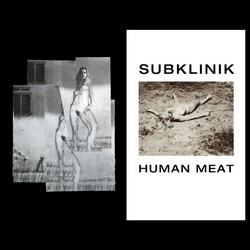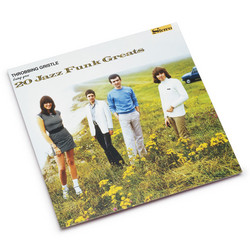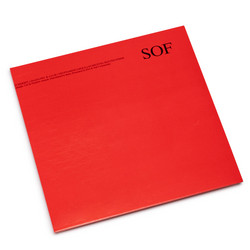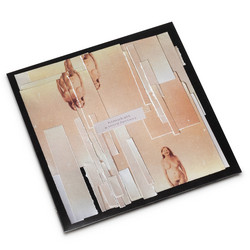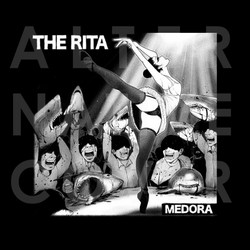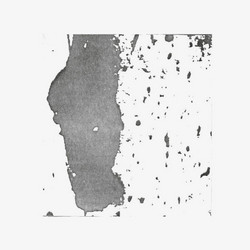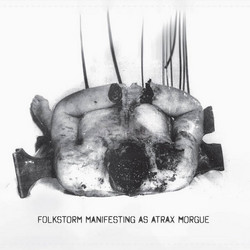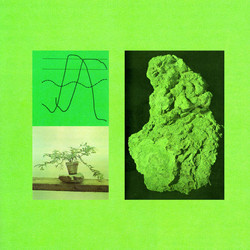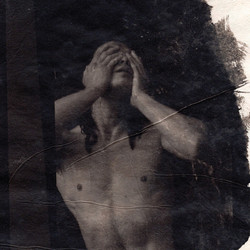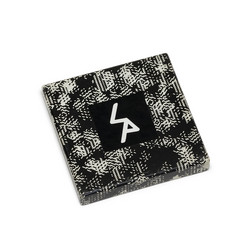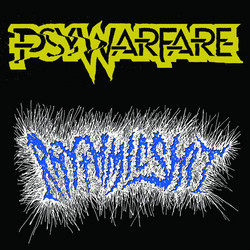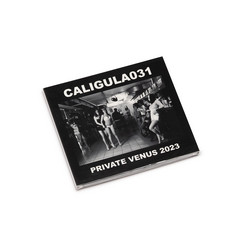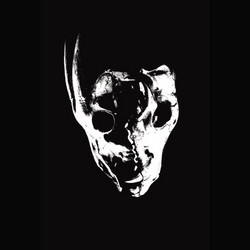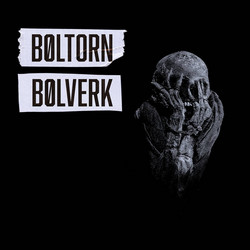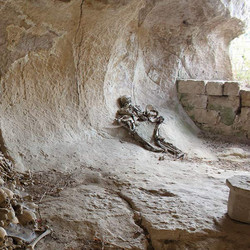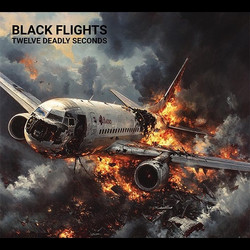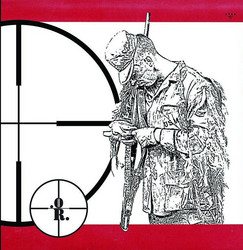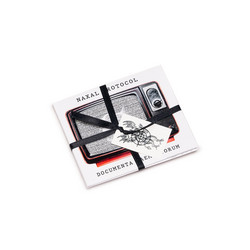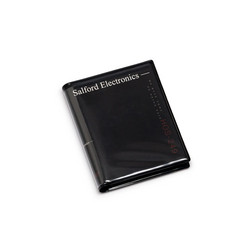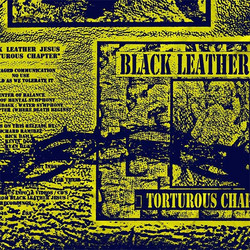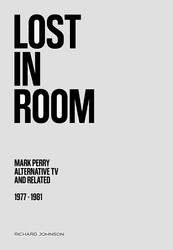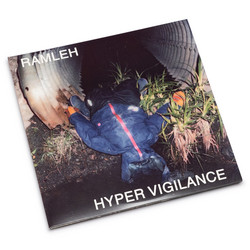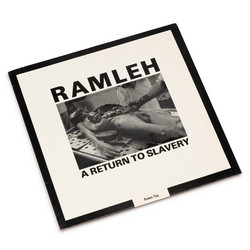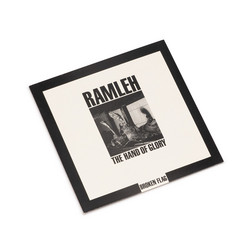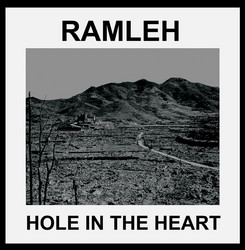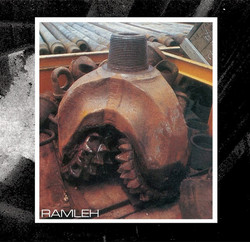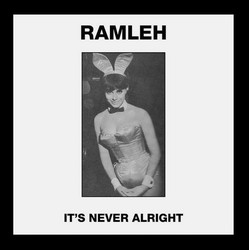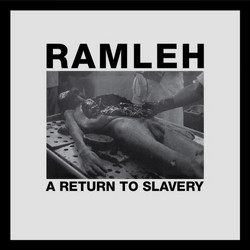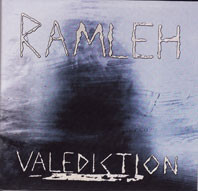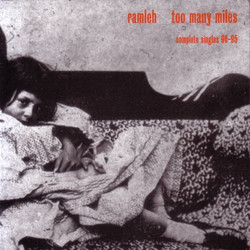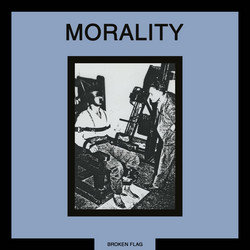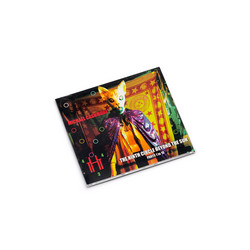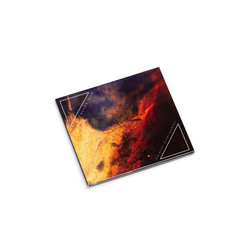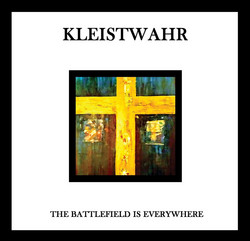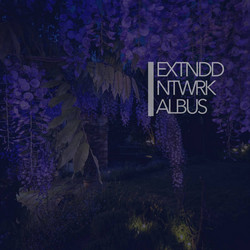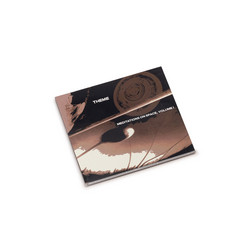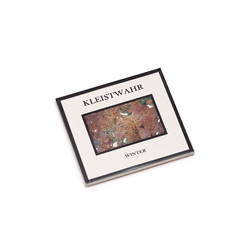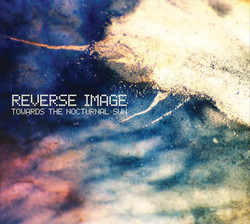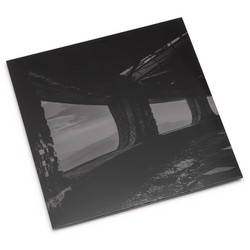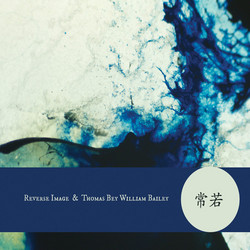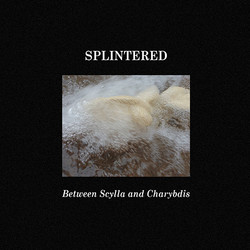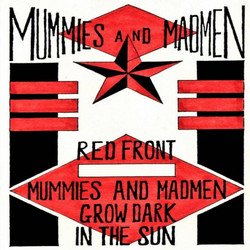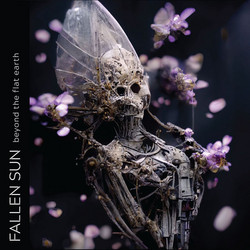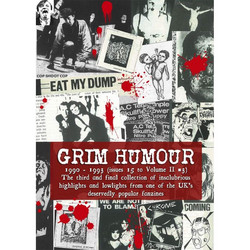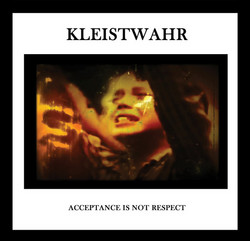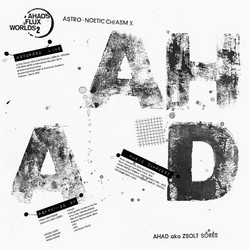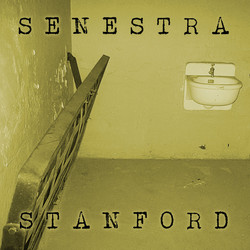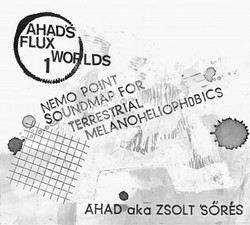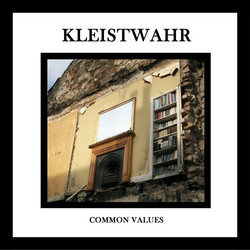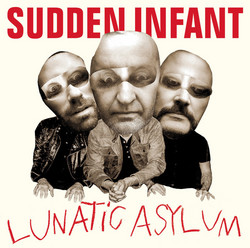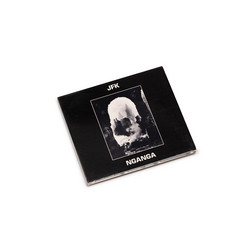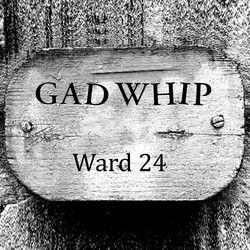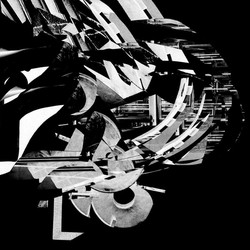Richard Johnson, Ramleh
Grudge For Life: A Book About Ramleh (Book)
**360 pages; Hardback Cover** “I don’t see myself as being in charge. It is an equal partnership. We only do things that we both want to do. If I love an idea and Anthony doesn’t, I will work on it solo, as I would expect him to do if I wasn’t sure about an idea of his. Other people that help out have a lot of creative input in that we rarely tell anyone what to do. It’s up to them but, after the recordings are made, it is up to me and Anthony to decide what to do with the material we have. More than two voices doesn’t work. Ramleh is seen as mine as I am the only member who is in every line-up, but it doesn’t work in the normal way. I am not the leader. We are equals. I cannot work any other way with other people and, as I say, solo projects allow you to have a creative release for ideas that don’t work in the current partnership.”
(Gary Mundy)
During the past few years material has been gathered concerning the group Ramleh for a book focusing on their beginning as one of the UK’s leading power electronics mainstays to their becoming a more outward-bound rock group given to blending sprawling psychedelia, noise, post-punk, intense electronic music and far more besides, in addition to occasionally nodding to their earlier sound. Initially founded by Gary Mundy and Bob Strudwick after being inspired by punk, avant-garde and industrial music, as well as the complete restart accorded by Whitehouse, Ramleh soon tore apart the templates with a sound and vision entirely their own.
Mostly sidelined in the decades since, the group, now driven by Gary and Anthony Di Franco, has proven itself to be one of the most versatile and downright headstrong to have arrived from a time when dozens of such groups went almost as fast as they appeared. Like the very best of them, however, they not only kept going despite the odds, but also continued to push themselves artistically and explore new places just when an audience was starting to take notice. The idea of fitting snugly into a particular style was never on the agenda, irrespective of the group’s having created a sound completely their own to work within
With the advent of the digital age, Ramleh deservedly gained a comparatively wider audience and are now often seen critically acclaimed or cited as an inspiration by other groups.
Partly for these reasons, a book felt like a natural step to take in order to help pin down one of the more interesting narratives to have arisen from such realms of music, and indeed some of the ideas behind it.
Collecting around 356 pages centred on a lengthy and conversational interview with Gary Mundy that looks back at Ramleh’s inception and moves through the group’s work until and including The Great Unlearning album, plus some of the peripheral projects, Grudge For Life: A Book About Ramleh also includes additional interviews and insight from Anthony Di Franco, Stuart Dennison, the late Simon Morris, Teho Teardo, Stephen Meixner, Steve Pittis, William Bennett, Kate MacDonald, Juntaro Yamanouchi, Richard Rupenus and others. Besides also including a discography including extensive personal notes from Gary and Anthony and some other bonus material, there are pages dedicated to reprinted ephemera and some previously unpublished photos.
Richard Johnson, responsible for conducting the interviews and collating the material, has long been an avid supporter of the group’s work and has additionally released albums by both Gary and Anthony on his Fourth Dimension Records imprint, including the 2CD version of Ramleh’s The Great Unlearning album and the ‘It’s Never Alright’ 7”. He has also produced a book devoted to his Grim Humour fanzine, plus during more recent years has contributed to several magazines, including The Wire and Poland’s Glissando. Fourth Dimension Publishing is his latest endeavour, with more titles planned.
